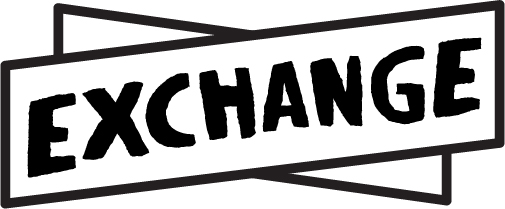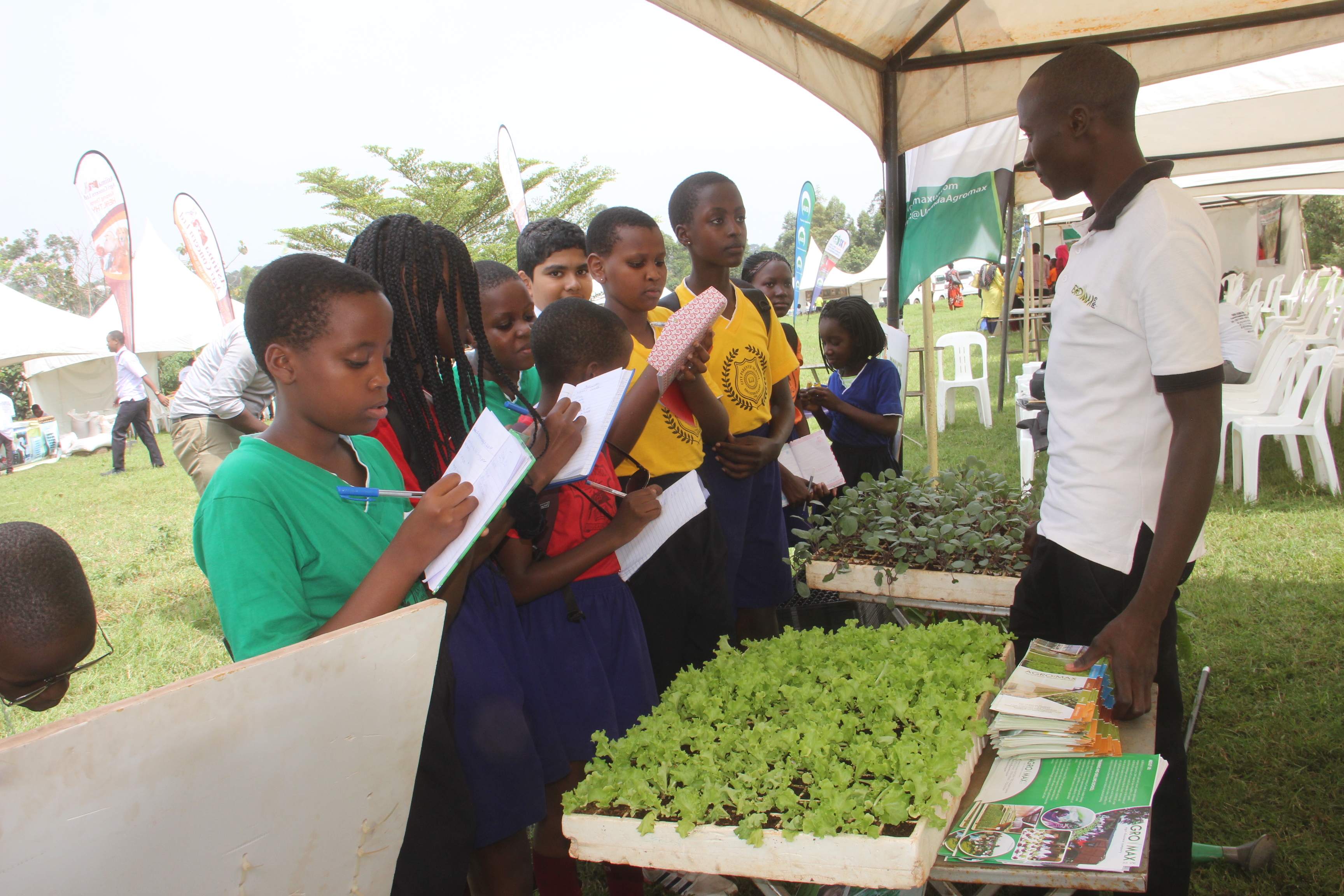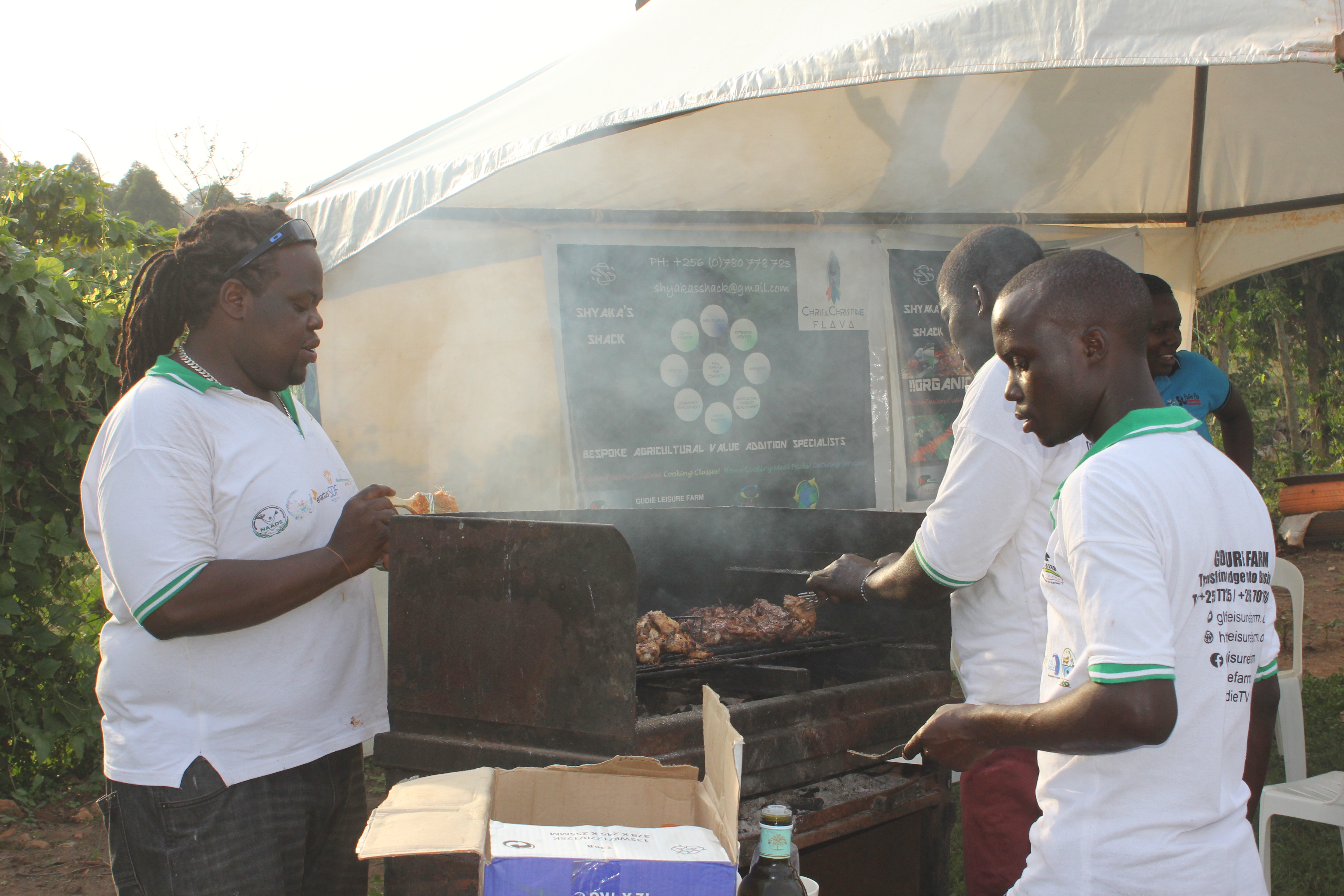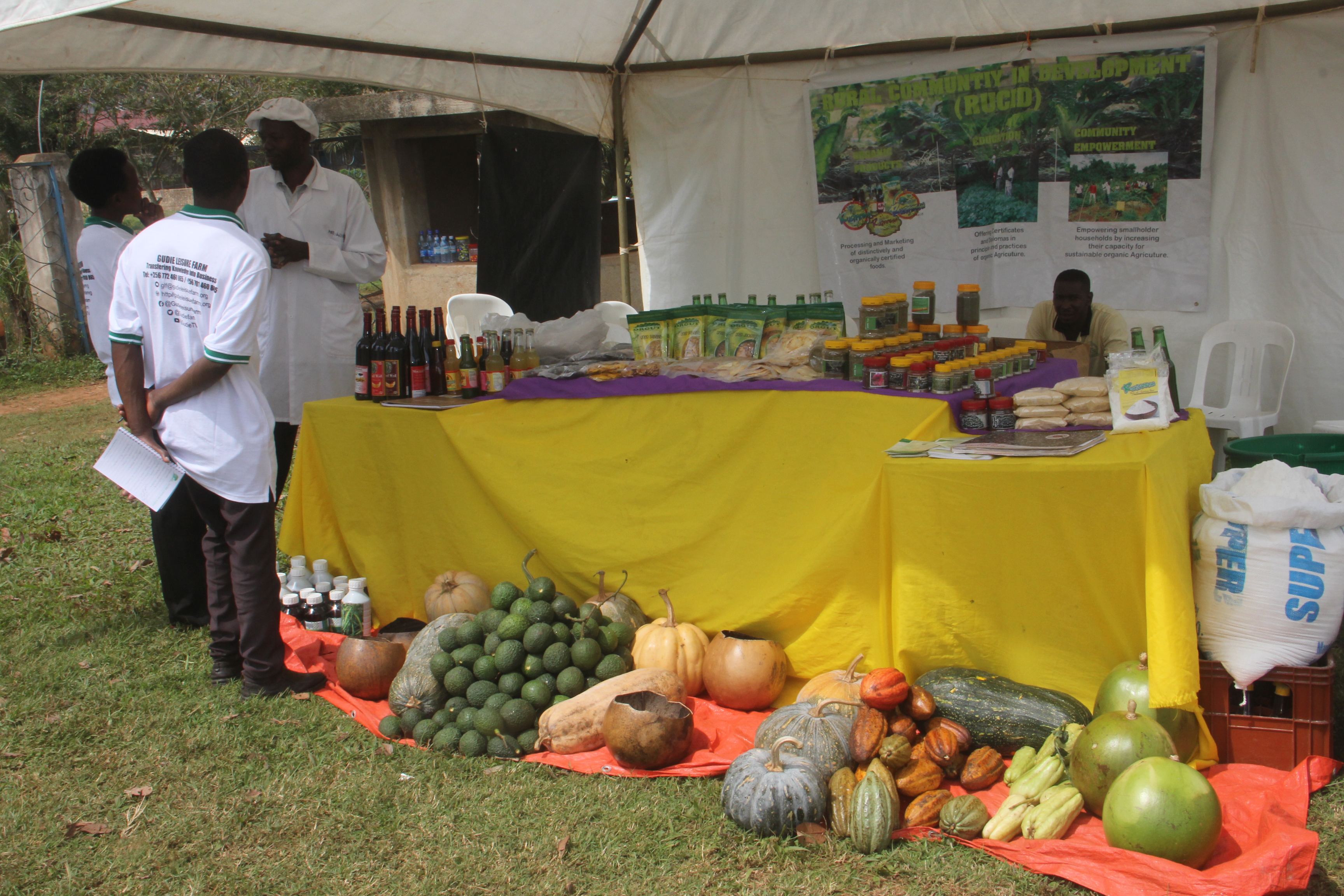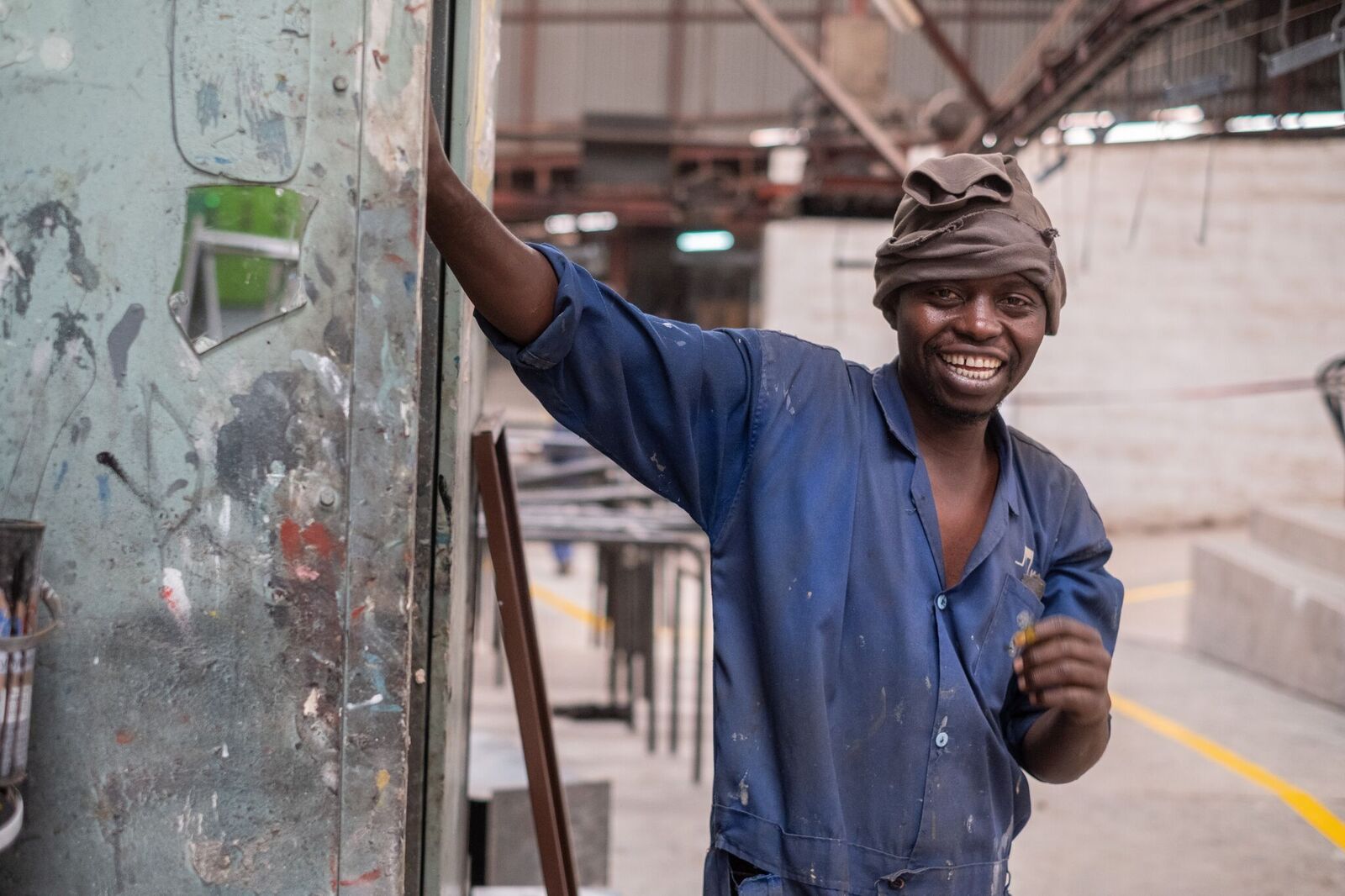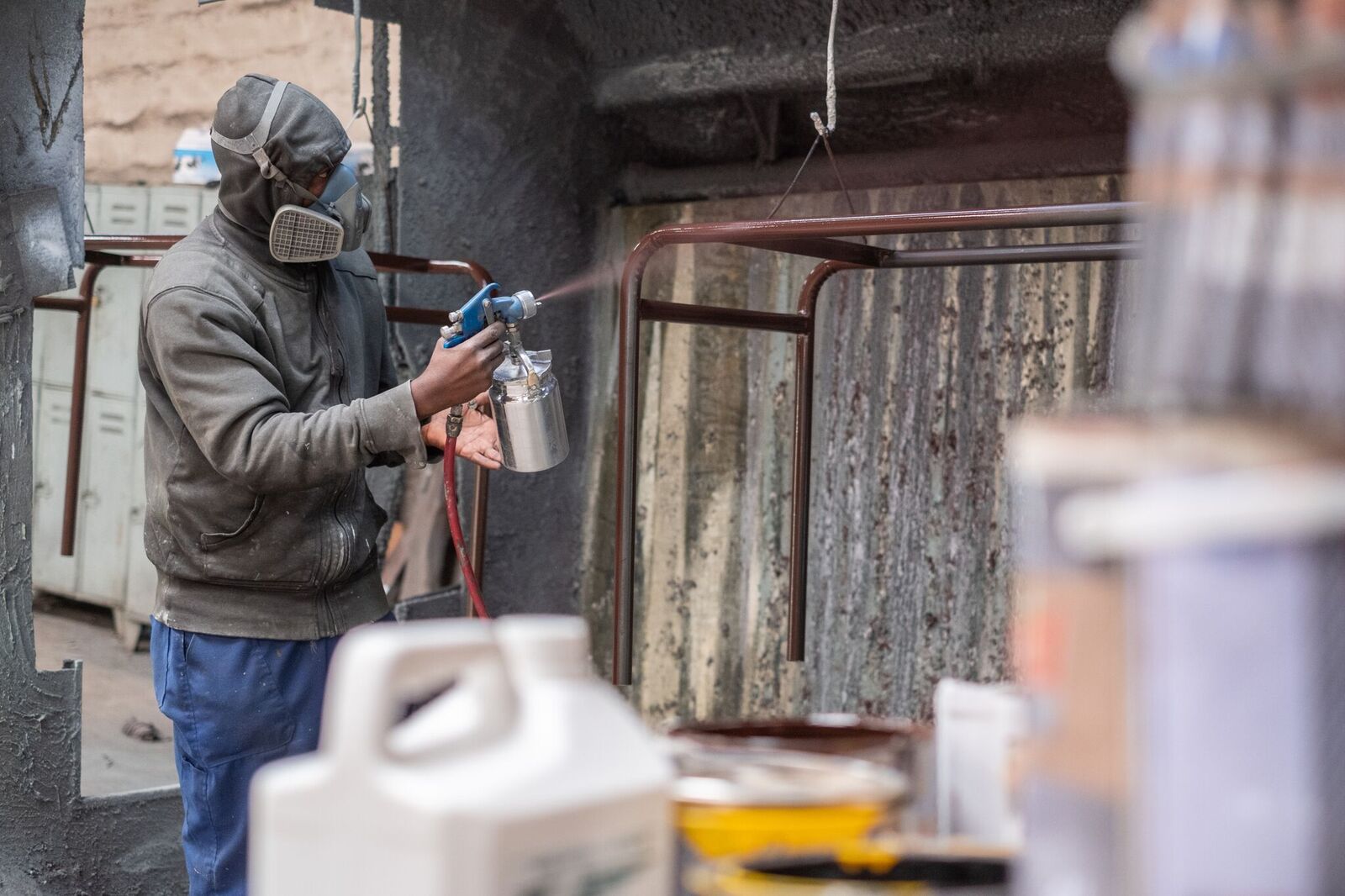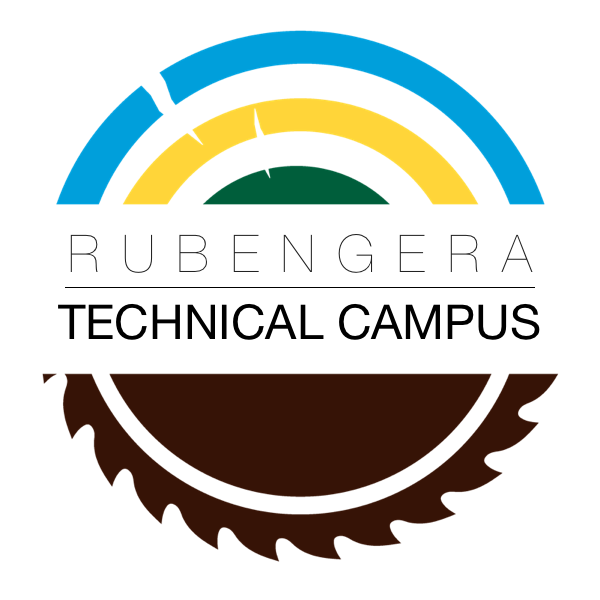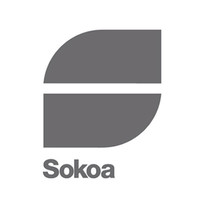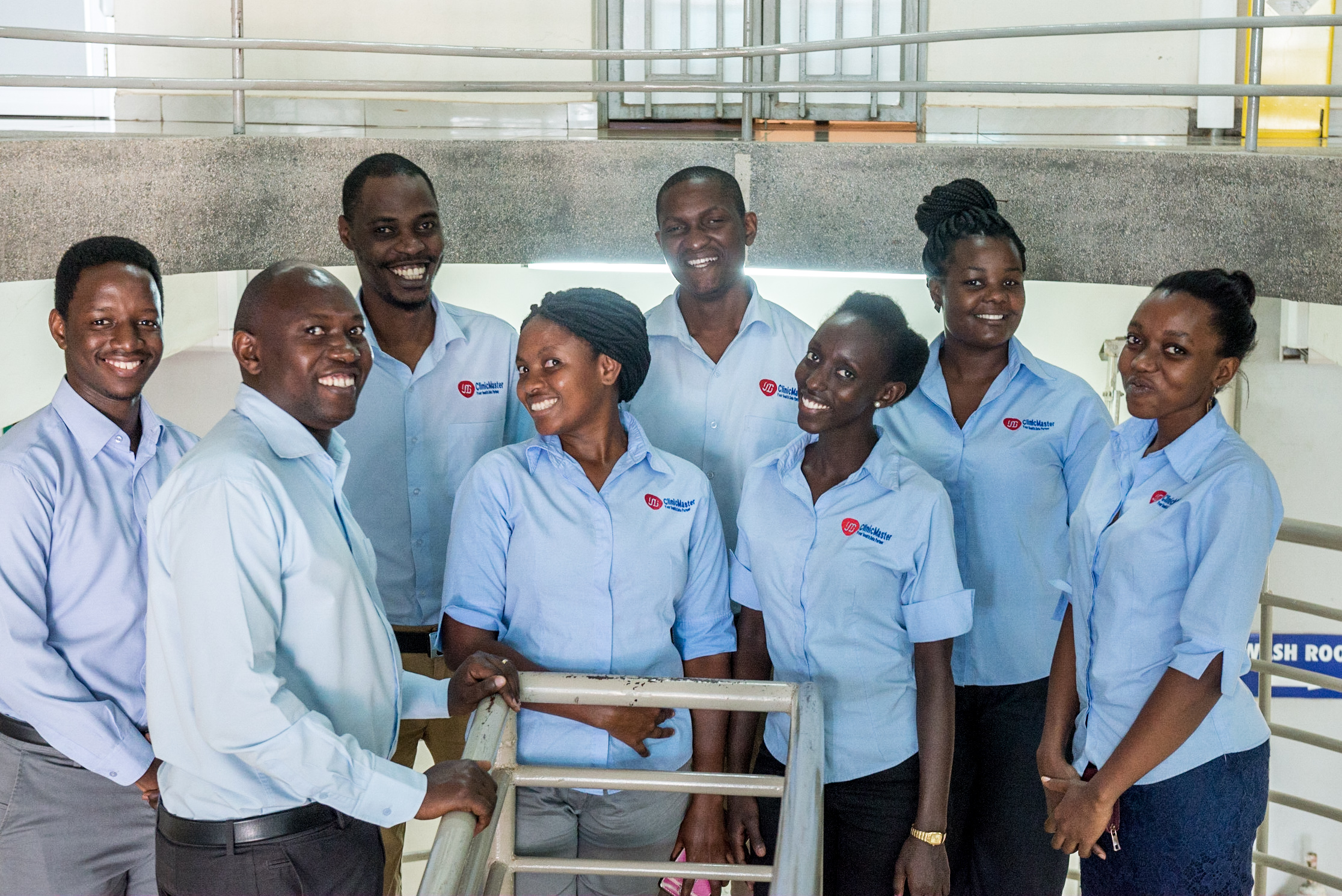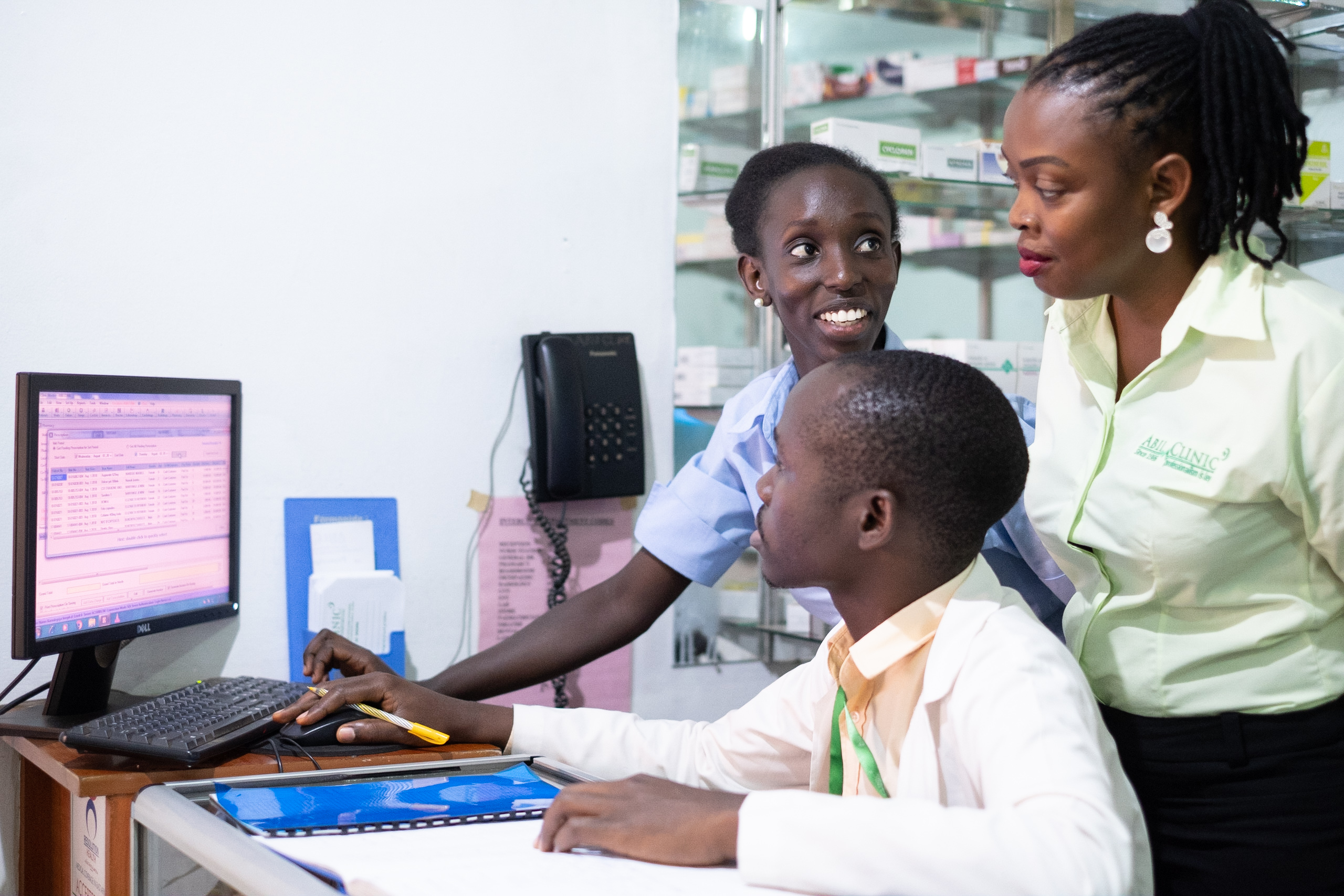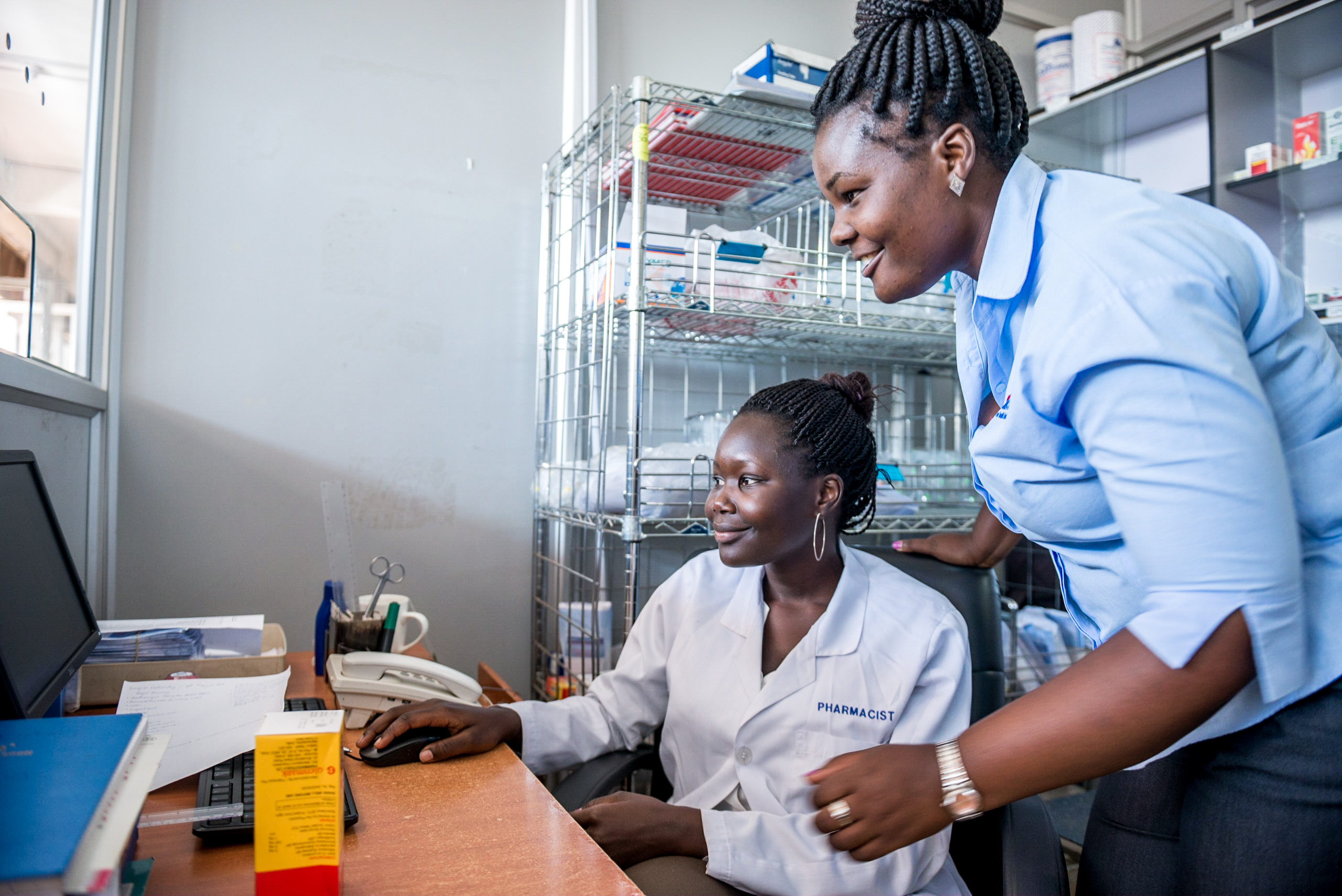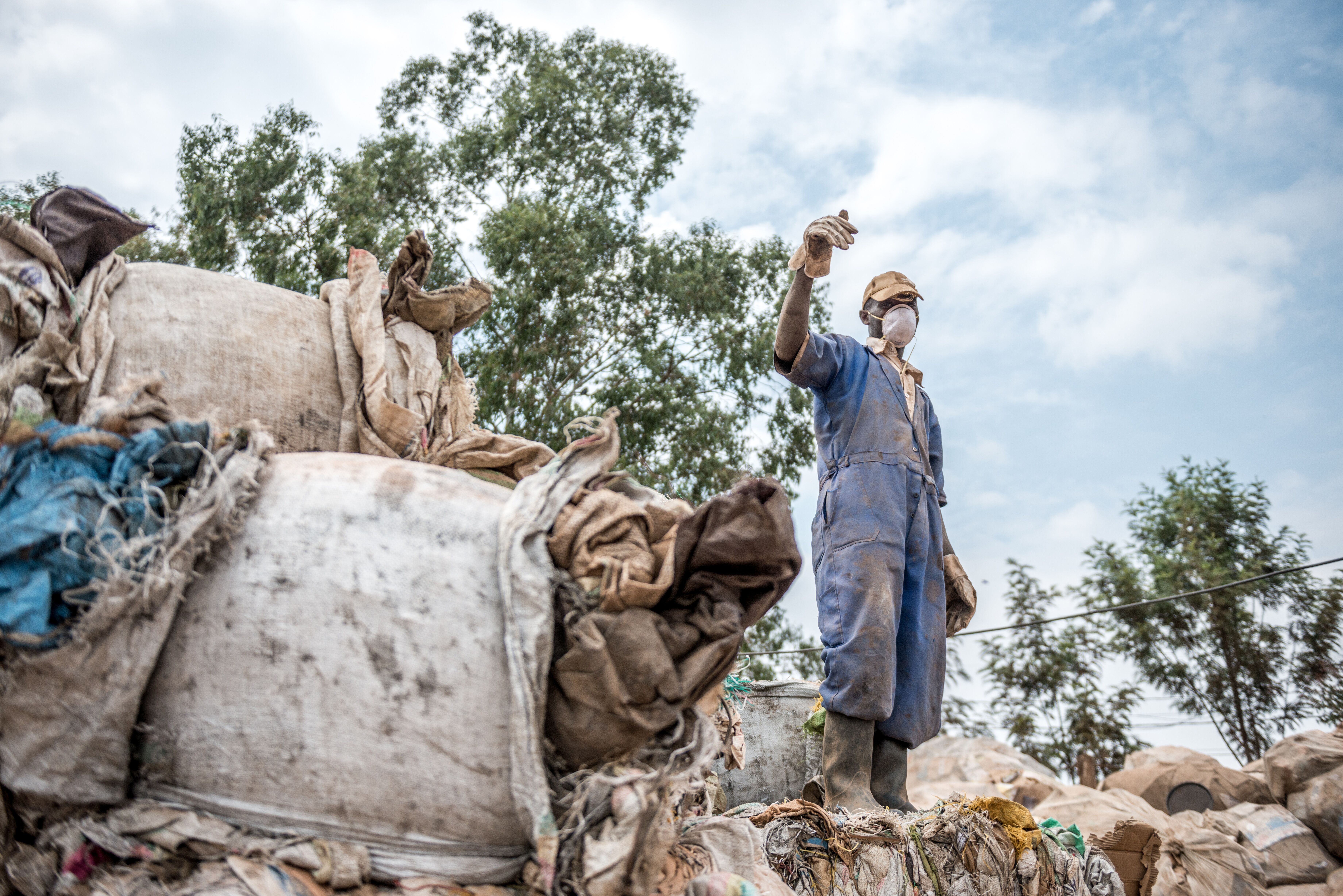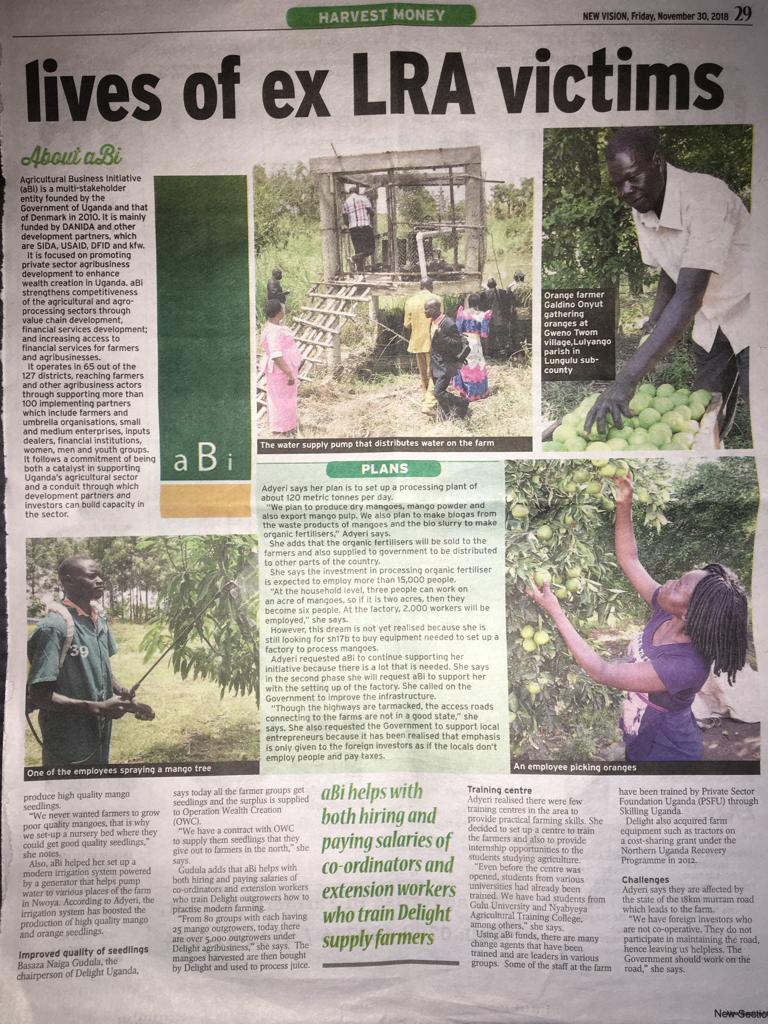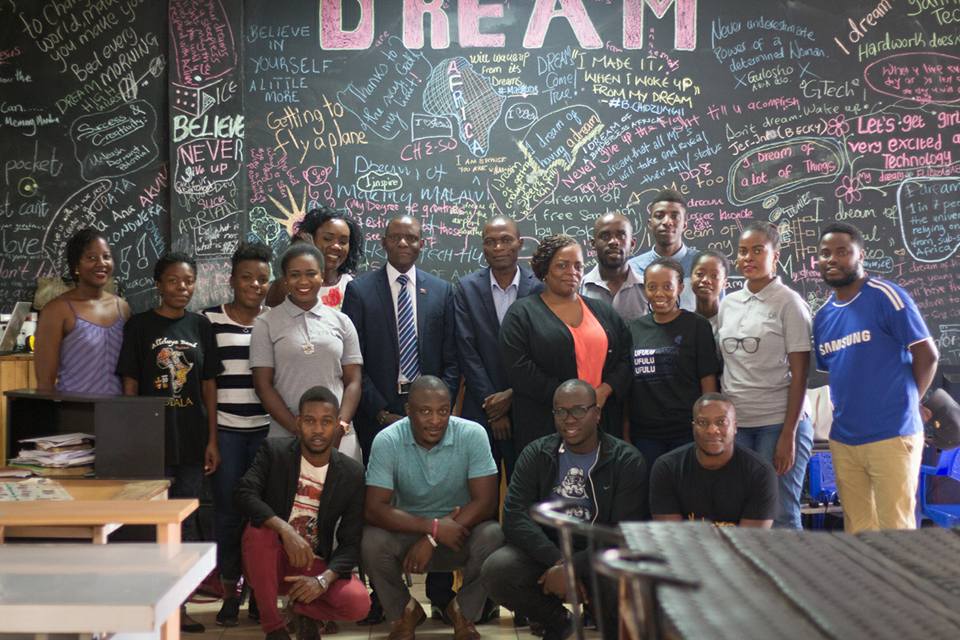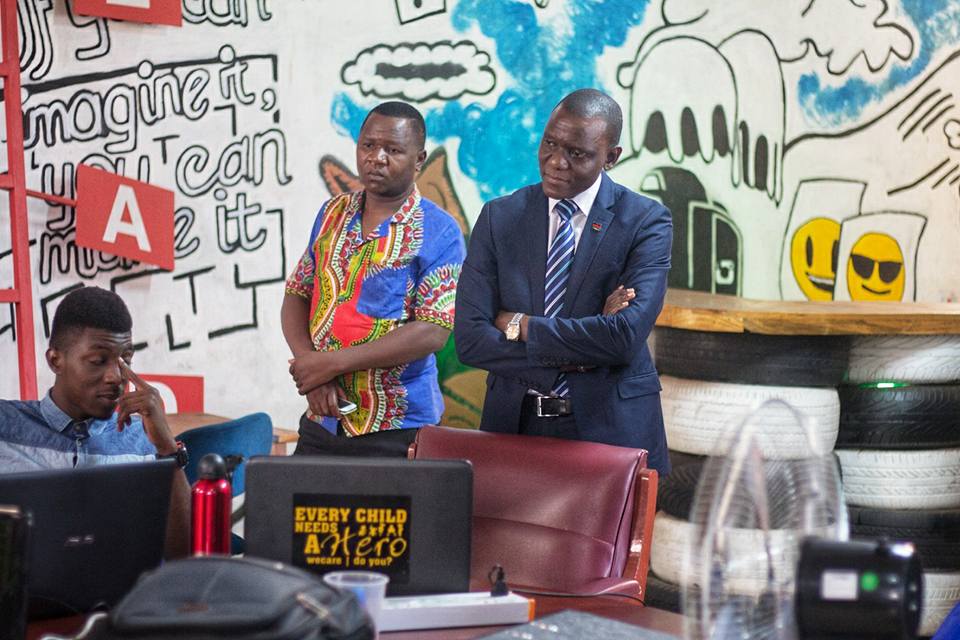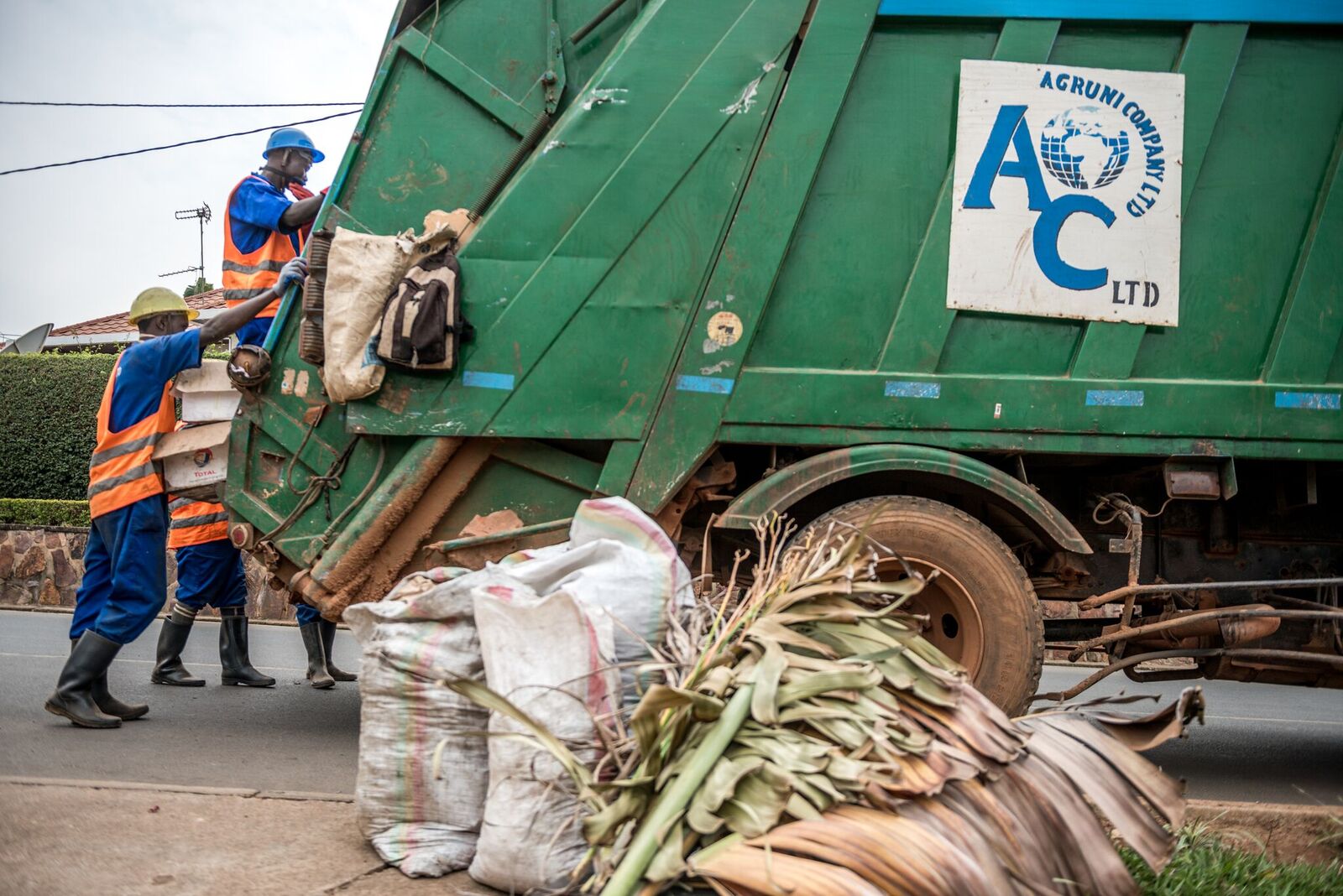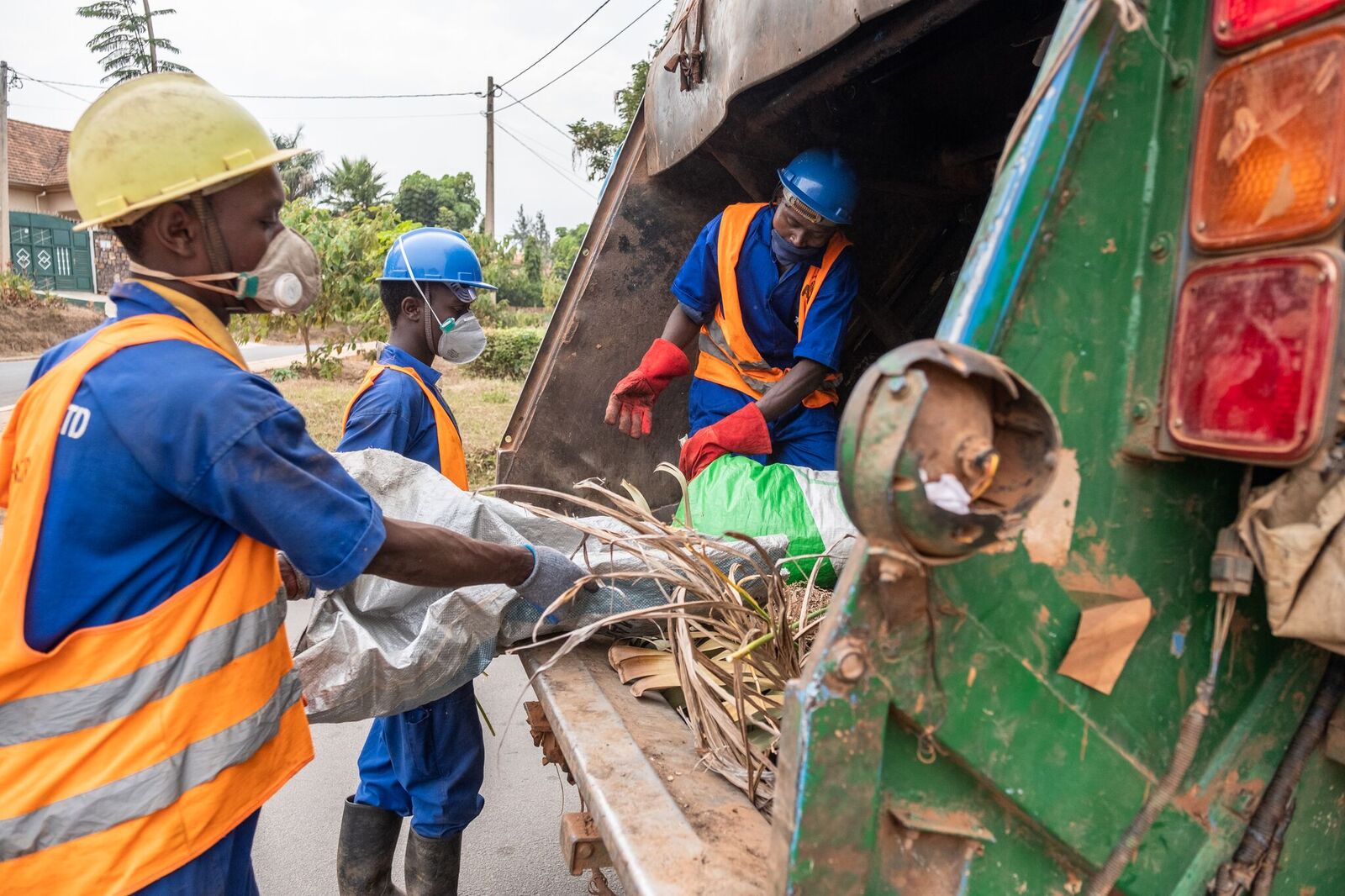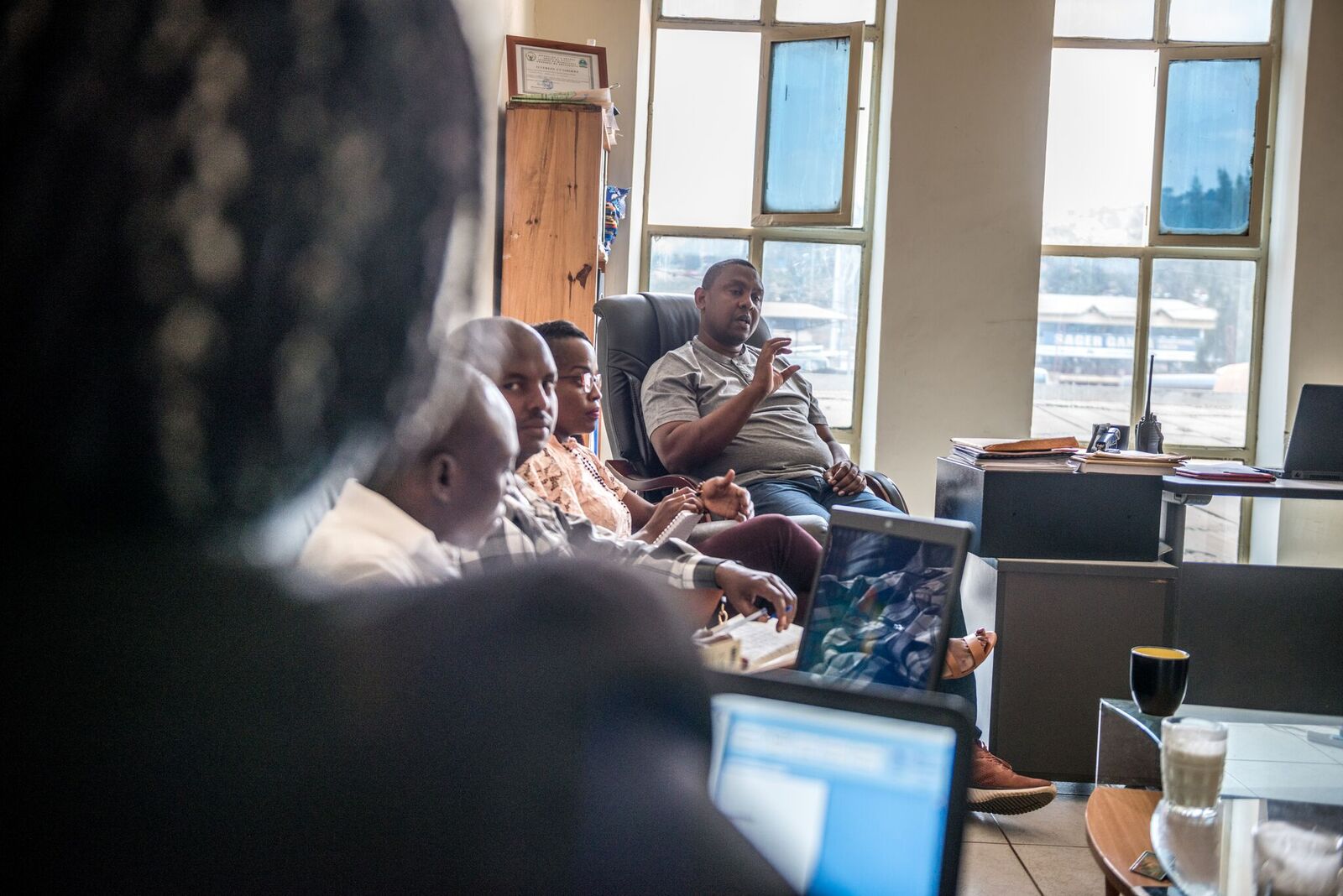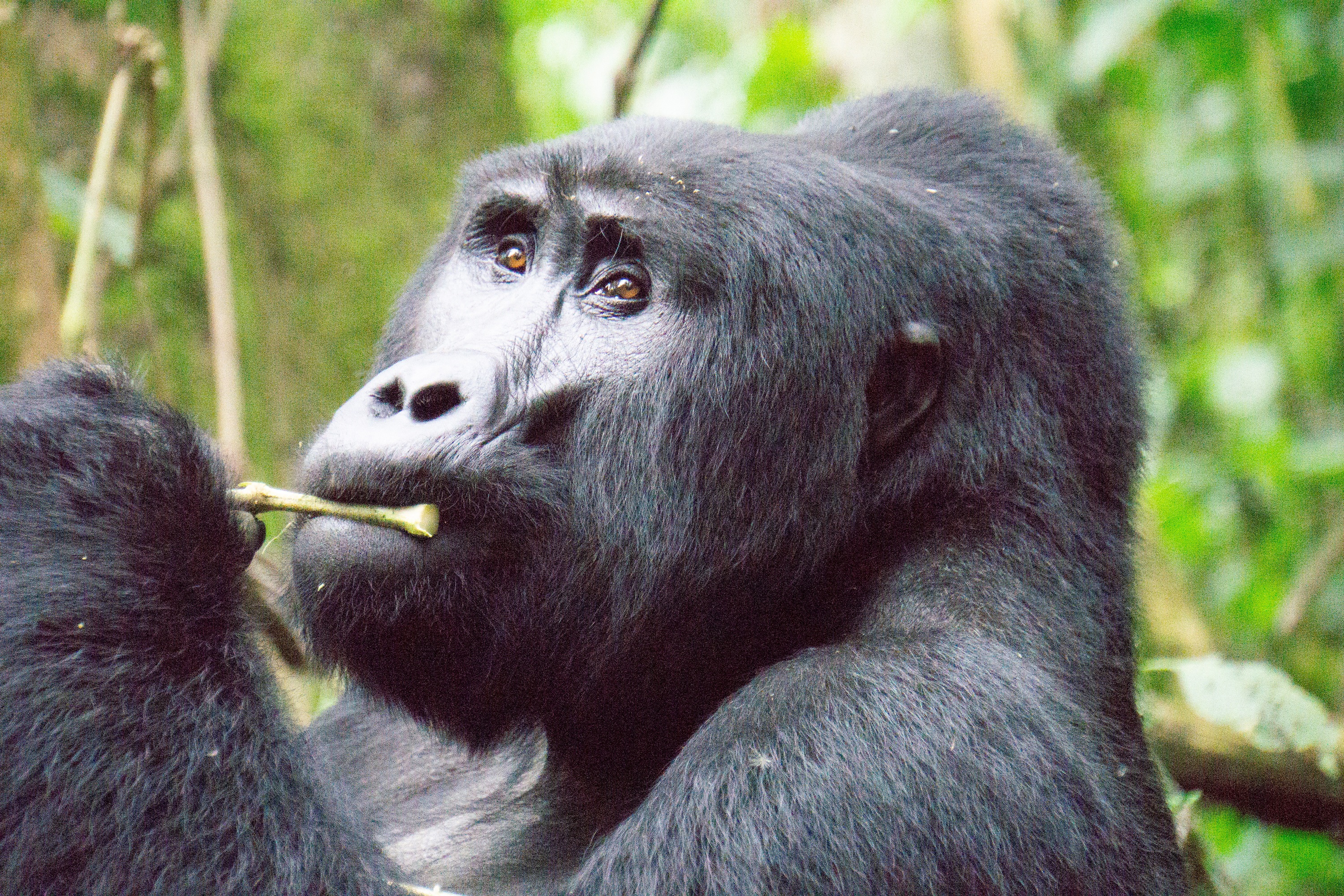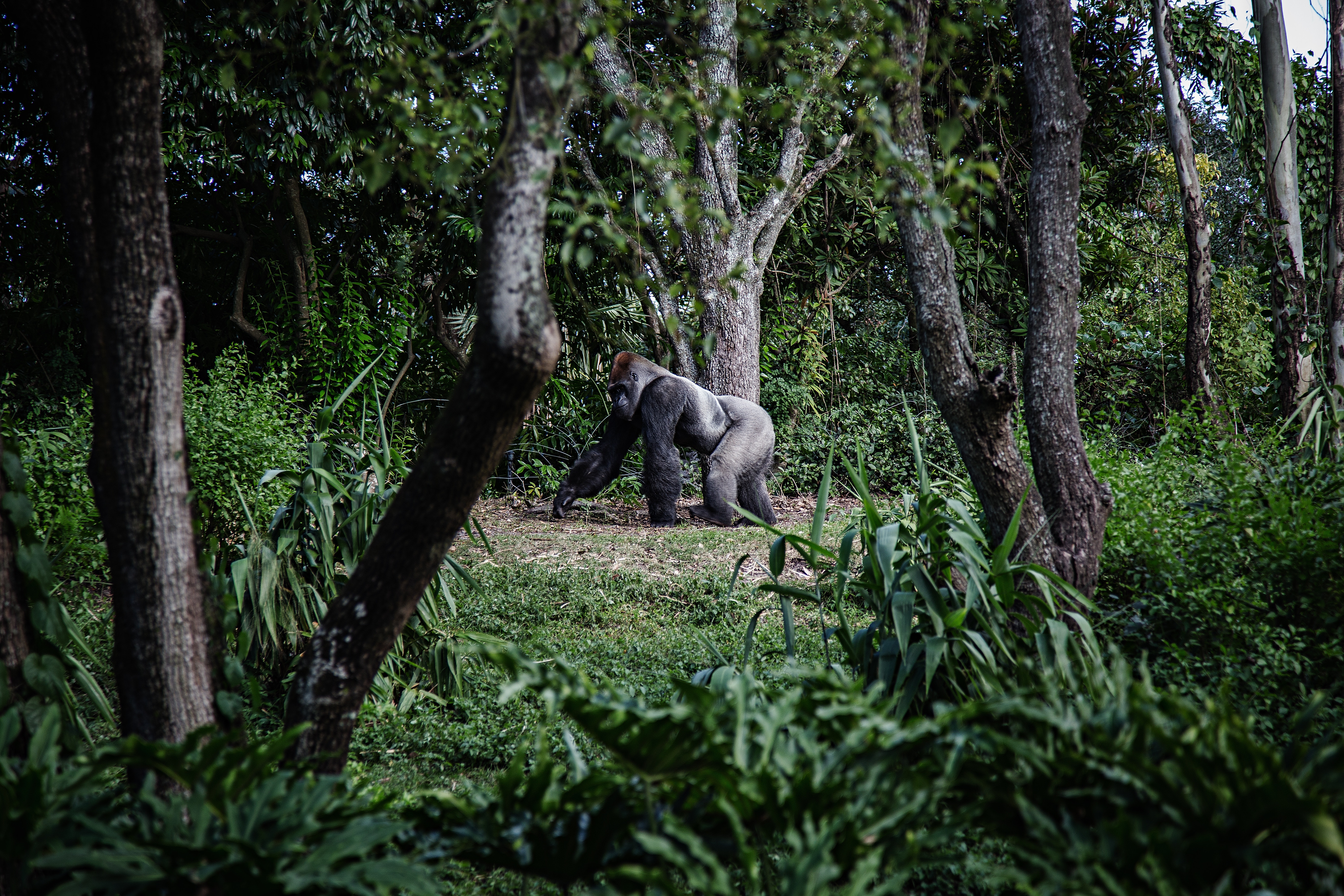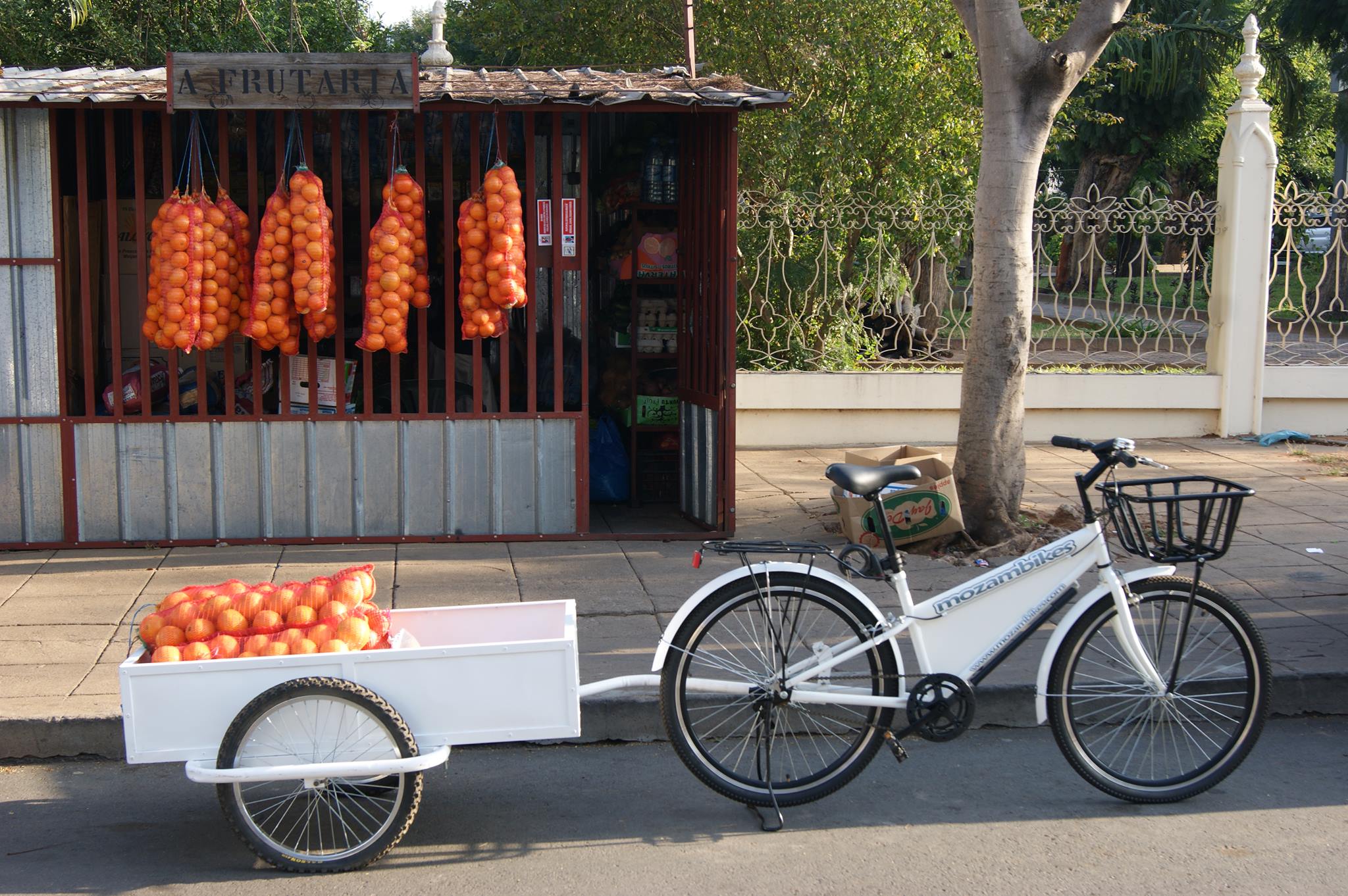
Bike out of extreme poverty
Mozambikes
Half of the population of Mozambique is forced to live on less than two dollars a day. Furthermore, much of the population needs to walk hours a day to go to school or to reach sources of drinkable water or arable land. Almost 80% of the population are farmers who live off the products they sell locally. Their daily income and their professional productivity are simply dependent on what they can carry or how quickly they can move with their goods. A bike can therefore have an enormous impact on their daily lives. A huge benefit to education and trade, and as such, a very efficient escape from extreme poverty.
Mozambikes is a bike producer in Mozambique with an outspoken social ambition. Using bikes, Mozambikes wants to make basic needs more accessible and, in doing so, fight poverty. People who live below the poverty line can gain access to a bike of their own via Mozambikes. The system works with donations, sponsored bikes and micro-credits.
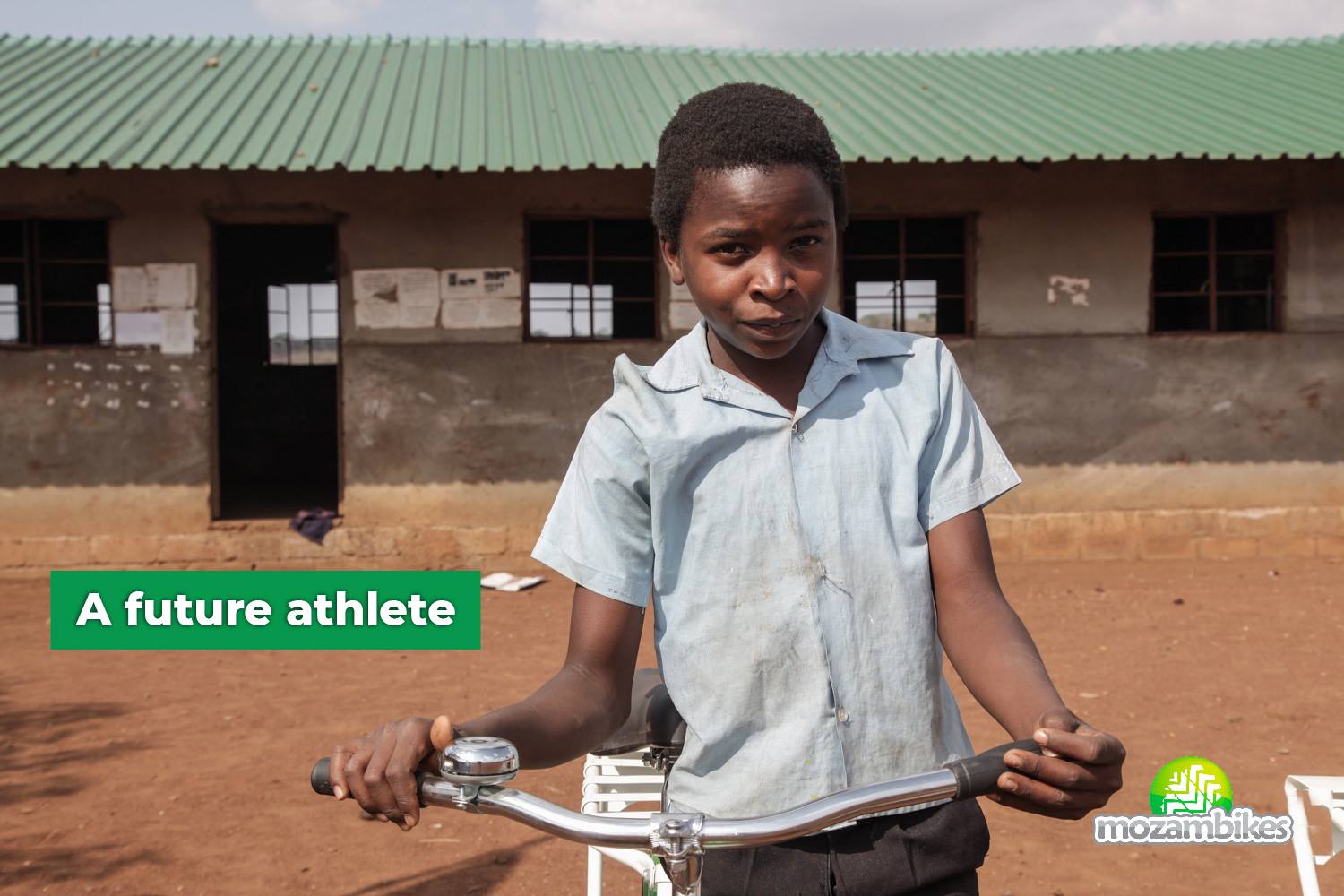
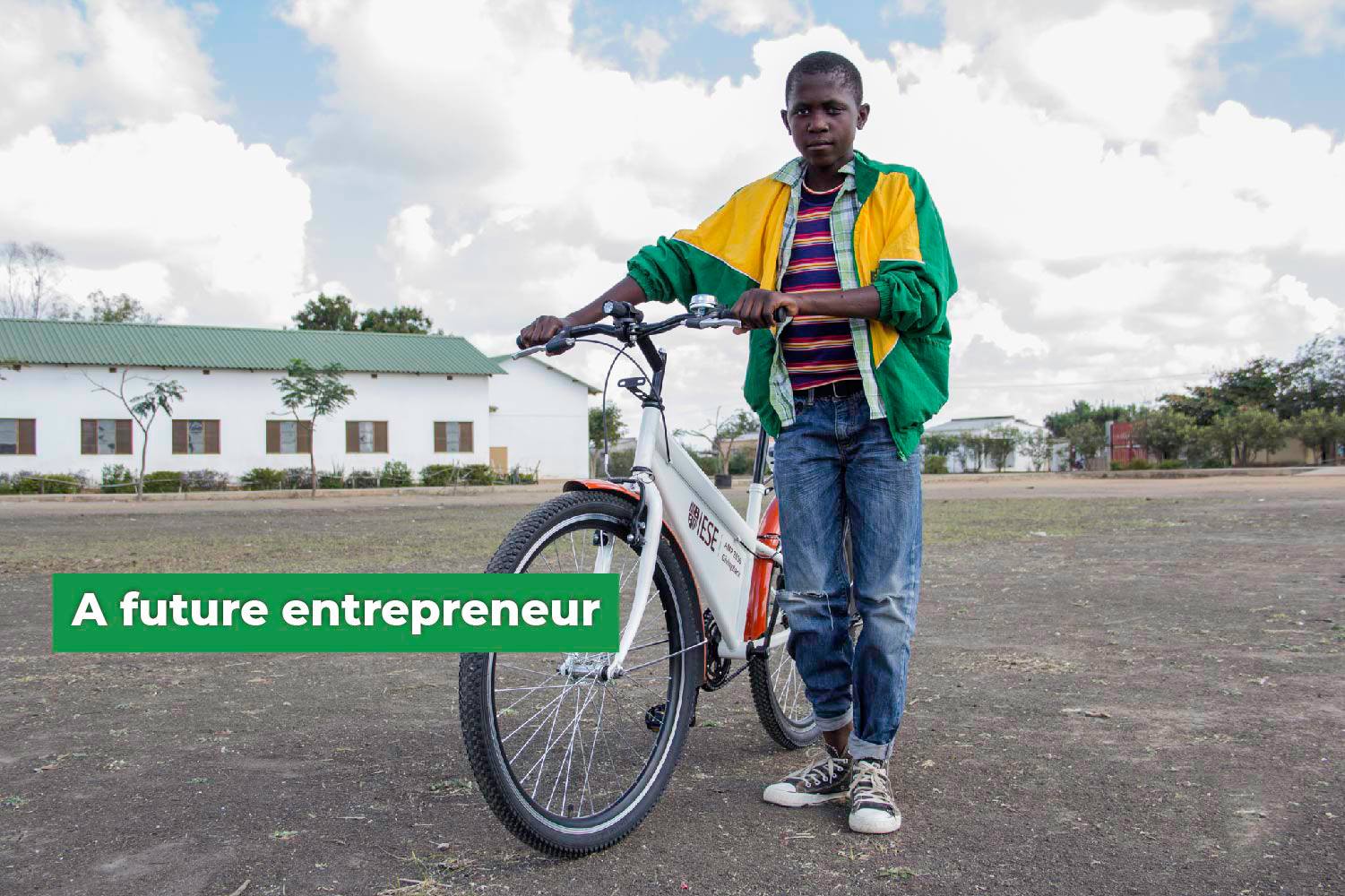
Socially doers
Mozambikes is the only bike factory in Mozambique, a country with 28 million residents. Rui and Lauren, the founders of Mozambikes, are driven entrepreneurs in various sectors. Mozambikes is the product of a clear social ambition: making a tool available that will help the rural population realise their dreams and ambitions.
With a team of 25 employees, Mozambikes produces one single type of bike: they are sturdy and specially designed for rural areas. The organisation is thus providing employment for young people who may become bicycle makers.
Mozambikes has ambition. The organisation wants to expand its role as a social company, increase production and establish a larger distribution network. The model may even be exported to neighbouring countries such as Malawi (where Exchange is also active) and partnerships with foreign partners are also possible.
Exchange has a lot of faith in this social growth programme. It demonstrates how a simple idea can be a gigantic step up for people in poverty. Bike-crazy Flemish as we are, this is a growth programme that’s close to our hearts.
